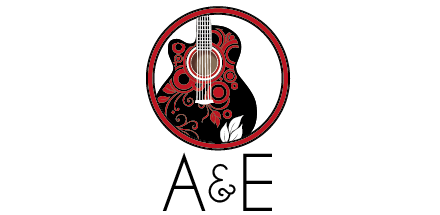The year of 1919 was barely a month old when Congress ratified the 18th amendment to the constitution. Later in the year, Congress passed the National Prohibition Act, known more commonly as the Volstead Act, providing federal guidelines for the ban on the manufacture, transportation and sale of intoxicating liquors and spirits.
Fast forward to 1933, and this particular example of the temperance movement concluded when Congress ratified the 21st amendment, repealing the 18th and bringing an end to prohibition in America. Everything was back to normal and all could return to enjoying their favorite beers.
Or so it might seem. In fact, small, regional breweries had been struggling for some time, competing with the larger national “shipping brewers” like Pabst and Anheuser-Busch. And, after prohibition’s ban on alcohol production ruined most smaller brewers, the few remaining were quickly gobbled up by the large mass producers.
Which brings us to the recent news of Anheuser-Busch InBev (ABI), the worlds largest multinational brewing and beverage conglomerate, acquiring Asheville, NC’s beloved Wicked Weed Brewing Company. While a shock to many, the action has not only been happening for hundreds of years, but also its becoming standard practice for the largest macro brewers around the globe.
Wicked Weed is not the first craft brewer to sell out to the big boys — Goose Island, Blue Point, Elysian, Devils Backbone, and Ballast Point have all gone before. But the Wicked Weed sale hits closer to home. And is tougher to swallow than a Bud Light Lime RazberRita. But should it be? At the end of the day, it’s a business and most businesses are created to make money. Yet, the craft brewing movement has always seemed more about enjoyment, community, positive and beneficial competition, and comradery.
None of these practices are at the core of AB-InBev and its brewing. What ABI does do is dominate the market, make bad products (although they have the money and facilities to do better), and also push and create legislation and marketing that adversely affect the little guys. Buying up shelf space, supporting law makers who keep arcane distribution and production limits of small brewers on the books, while creating ad campaigns that belittle and bad-mouth craft beer. Which makes the Wicked Weed sale all the more strange.
Another craft brewery owner based in Asheville, who preferred to stay anonymous, shared his thoughts on the Wicked Weed sale. “I think it’ll be good for us locally. It’s not entirely surprising. Not a bad thing to cash out at some point. To ABI, though, is not in alignment with craft’s values, if you ask me,” he said. “Sure it will spread Wicked Weed and therefore Asheville beer throughout the U.S. Perhaps good for us local, independent guys. The owners cashed out. The brand’s future is in the hands, though, of a multinational that couldn’t care less about good beer, community, etc.”
Wicked Weed will have (likely one or two of) their beers distrusted more and more nationally over the next couple years. ABI can also kill the brand or cheapen the beer if/when they want. This happened to all the mom and pop breweries that got swallowed up post-prohibition (and now basically no longer exist).
Last week, in the wake of the ABI sale announcement, more than 40 of the 70 craft breweries pulled out of Wicked Weed’s fourth annual Funkatorium Invitational to be held on July 8. Shortly thereafter the event was cancelled.
I’m not generally the type to boycott an establishment or a company. I have preferences and inclinations, sure. However, I’m leaning toward no longer drinking the beers of Wicked Weed (and I love them). And while that may sound like boycott behavior, their recent alignment with ABI just gives me the final reason not to purchase their products.
Is this the craft beer bubble bursting? Is this just the most recent shots in an ongoing battle or David and Goliath? Or is this just business as usual? Today, it’s feeling a little like 1919, not 2017. Enjoy the brews … Cheers.
Gene’s Haufbrau has at more than 200 beers in bottles or on tap. While they don’t have every beer the Beer Snob writes about, they probably have most.. E-mail the Beer Snob at publisher@westof.net.













